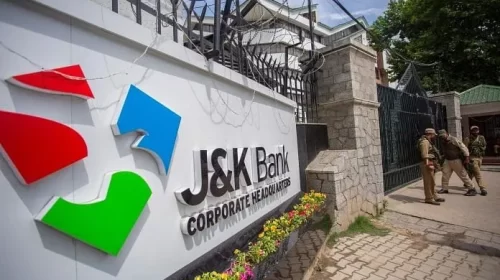The government is set to ban crypto currency in India and introduce a digital coin by the Reserve Bank of India (RBI).
The ban will imposed during Parliament’s Winter Session starting November 29, with the introduction of a new bill.
A Lok Sabha bulletin released on Tuesday said The Cryptocurrency & Regulation of Official Digital Currency Bill, 2021, will “allow for certain exceptions to promote the underlying technology of cryptocurrency and its uses.”
RBI said in July it was working towards its own digital currency and the Central Bank Digital Currency (CBDC).
“A CBDC is the legal tender issued by a central bank in a digital form. It is the same as a fiat currency and is exchangeable one-to-one with the fiat currency. CBDC is a digital or virtual currency but it is not comparable to the private virtual currencies that have mushroomed over the last decade. Private virtual currencies sit at substantial odds to the historical concept of money,” RBI deputy governor T Rabi Sankar said.
Will Crypto Currency Be Completely Banned?
The Centre’s move to bring a bill in the upcoming Winter Session of Parliament to regulate cryptocurrency has sparked a ripple effect, with bitcoin prices crashing to the lowest in a month.
Still there will be no blanket ban on crypto currencies, a regulation mechanism will be in place so that it is not misused.
As markets and experts speculate on the consequences of the decision, sources in the security establishment told CNN-News18 that the regulation will not be an outright ban.
“A regulation mechanism will be in place so that crypto is not misused. The government is concerned about the underground transactions happening against cryptocurrency — particularly its role in ‘hawala’ and terror funding,” they said.
They added that cryptocurrency will not be recognised as legal tender as this is dangerous for currency and taxation system of the country. “A strict mechanism will be in place so that law enforcement agencies can trace the origin of cryptocurrency used for illegal or anti-national work,” they said.
Sources in the government too said the move was aimed at eliminating the risks of crypto markets becoming avenues for money laundering and terror financing. “In the prime minister’s meeting on the issue earlier this month, there was a consensus that the steps taken in this field by the government will be ‘progressive and forward looking’. It was then also discussed that “unregulated” crypto markets cannot be let to become avenues for money laundering and terror financing.”
The Cryptocurrency and Regulation of Official Digital Currency Bill, 2021, is among 26 bills listed for introduction in the Winter Session, beginning on November 29, according to the Lok Sabha website.











